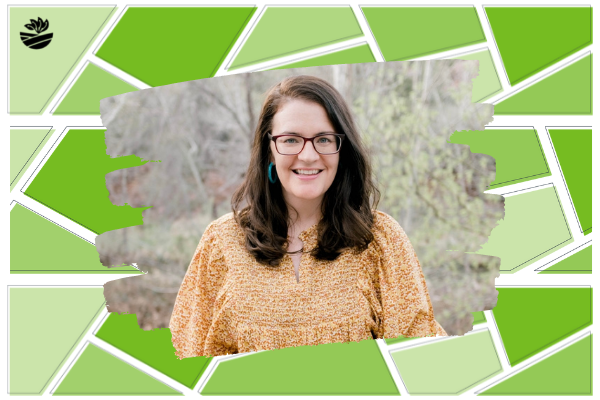Judging by her Instagram account, you might think Janette Barnard is simply a cactus connoisseur.
But don’t let her love of nature fool you.
The Arizona native has a back pocket of professional experiences across the food value chain that could rival the best in the business.
Her professional ride has zigzagged from early experiences at the White House and working in the poultry sector for Elanco Animal Health to an MBA internship with McDonald’s and going on to lead and consult for a wide range of AgTech startups.
Today you can find her searching for top-notch animal agriculture innovation in her role with Merck Animal Health Ventures. But most people probably hear from her via the popular Prime Future newsletter, a weekly dose of Janette’s dynamic insights on the animal protein value chain.
We caught up with Janette to hear more about her career path, leadership experiences, and how she’s thinking about the future of agriculture.
Give us a sense of your background. Did you grow up in agriculture?
I grew up on a farm in southeastern Arizona, my family primarily grew chili peppers and various irrigated crops, and raised cattle.
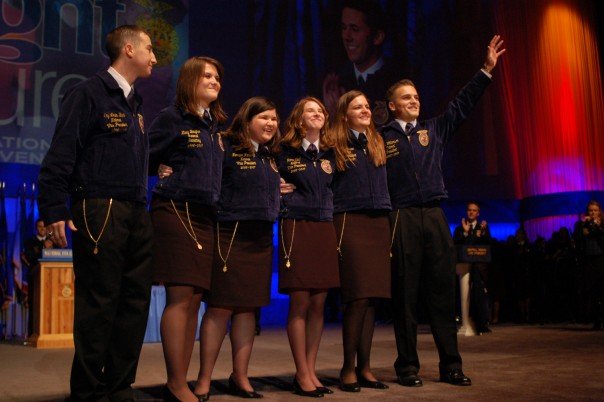
You served as a National FFA Officer while in college. What from that experience do you still reflect on or use daily?
National Office was the first of many times in my career that my view of the agriculture industry was completely expanded as I began to see how big and complex and dynamic the global agriculture industry is. Agriculture’s dynamism is my favorite thing about it – it’s never going to get boring in this business.
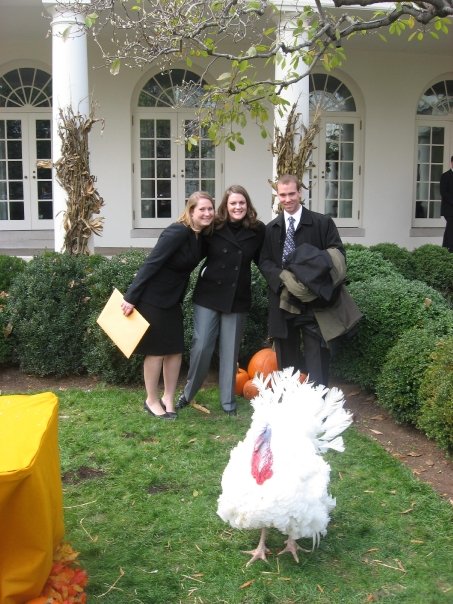
You also spent a semester in the White House interning for the Office of Public Liasion. Greatest memory from that internship?
Besides getting to hold the door for all members of the President’s Cabinet at the 9/11 Memorial, my favorite memory was when Bo PIlgrim would call wanting to speak with the president about corn prices pushing $8/bu. This was in the fall of 2008 as corn prices were spiking after the RFS was put in place, which of course was great for grain producers but put a squeeze on livestock producers like Pilgrim’s. It was a great intro to the reality of tradeoffs and how policies impact different groups in different ways, even within the same industry. Perhaps it goes without saying that Bo was less than impressed to be speaking with a mere intern!
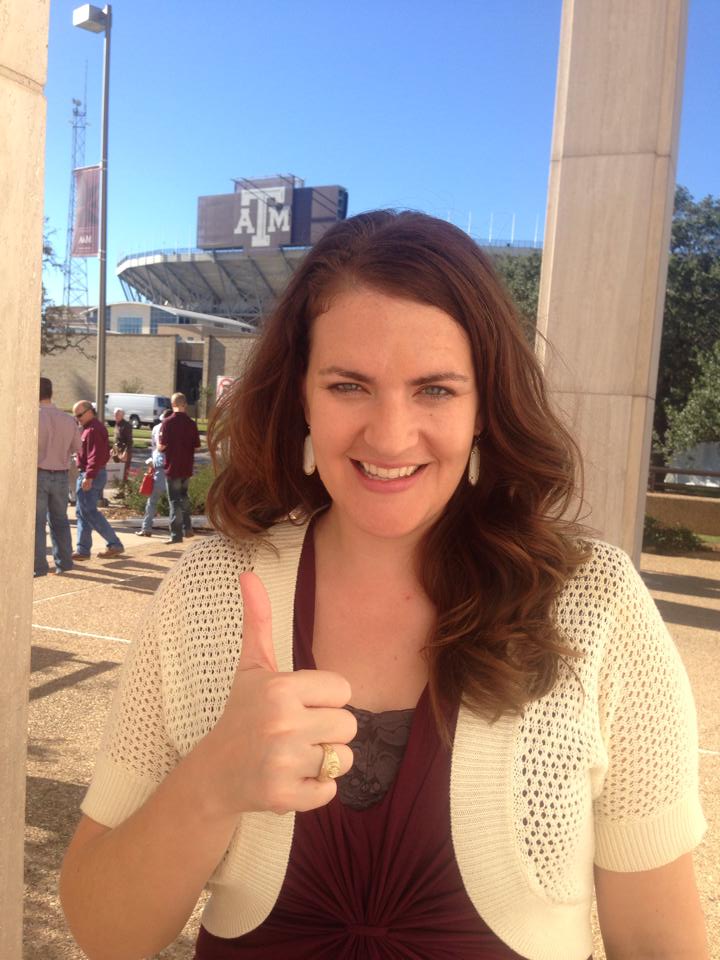
What made you want to return to school to get your MBA from the Mays Business School at Texas A&M?
I had great experiences in my early career but as I looked around the rooms I was in, I realized that most of us had similar backgrounds: grew up on a farm, went to a land-grant school, etc. I wanted to be in a room with people from different backgrounds who looked at the world differently than I did. I also wanted to be able to sit in a meeting with a CEO and hold my own. So I went to business school. I’ll always be a believer in the value of getting outside the industry to get new perspective.
What’s your favorite part of your gig with Merck Animal Health Ventures?
Animal AgTech is just hitting its stride and the next 3-10 years are going to be exciting in this category, so I love getting a front row seat to that evolution of how technology is transforming livestock production and solving real problems for livestock producers.
What trend in agriculture or agtech are you most intrigued by right now?
I’m really intrigued by the intersection of AgTech with ClimateTech and/or FinTech, and how these trends might dovetail together.
If you weren’t working in agriculture, what do you think you’d be doing?
If I weren’t so committed to ag, I think I’d jump into the world of FreightTech and work in the world of supply chain and logistics.

Why did you start Prime Future?
I started Prime Future as a way to find people interested in the same topics I am interested in, like how animal agriculture is changing and needs to change, and as an informal way to just share what I’m learning. It turns out there are more people interested in those topics than I anticipated, and I’ve really enjoyed connecting with folks who are pushing boundaries.
What’s a great book you’ve read recently and a snippet of wisdom or insight from it?
I recently read “Wanting” by Luke Burgiss, about how mimetic desire shapes what we want. Mimetic theory is the idea that we learn what to want by imitating other people, and it explains so much of trends, of marketing, even politics. Now I can’t unsee mimetic desire everywhere I look.
What’s the most underrated soft skill for entrepreneurs or professionals in general?
Relentless curiosity and ridiculous generosity are the two soft skills that I see really effective leaders possess, the kind of leaders who really get stuff done and make big impact.
Give us a tweet you loved recently.
I like this tweet because I think this idea holds true in far more than investing:
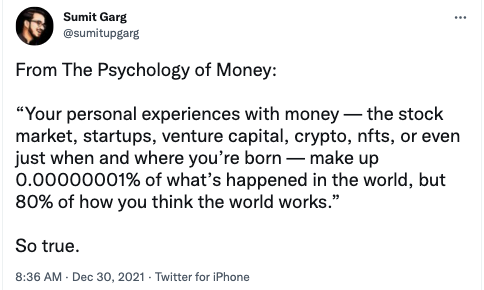
—————-
You can follow Janette on Twitter here or sign up for Prime Future here.
Have someone in mind that you think would be a great Movers & Shakers feature? Nominate them here.

